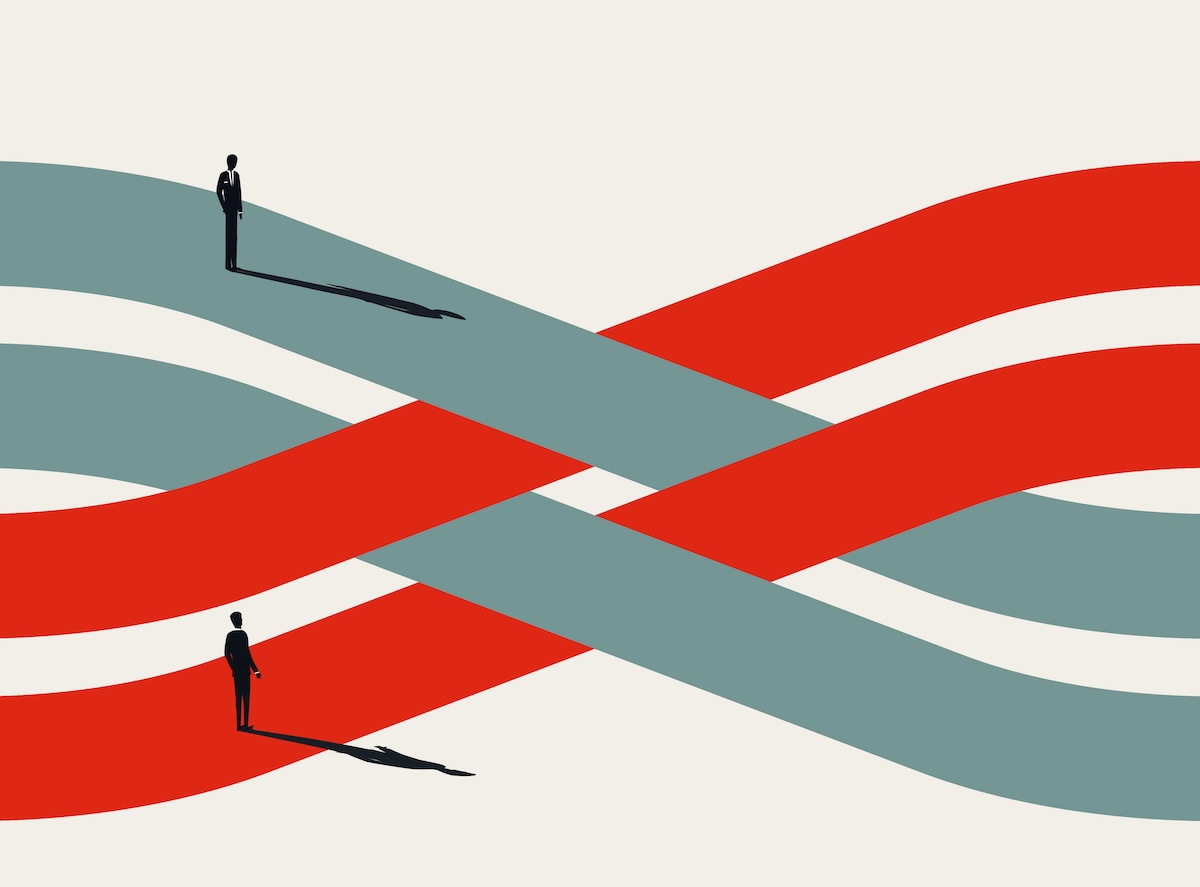Some Corporate Megamergers Ending in Breakups
By Greg Beaubien
October 2025
Many of this year’s biggest business deals involve undoing corporate megamergers from years past, according to The Wall Street Journal.
In June, Warner Bros. Discovery responded to investor discontent by announcing that it would split in two, unwinding the $43 billion deal that brought AT&T’s WarnerMedia and television conglomerate Discovery under the same corporate banner less than four years ago. In August, Keurig Dr Pepper agreed to buy coffee chain JDE Peet’s for $18 billion in a reported prelude to separating its soda and coffee businesses, which had combined in 2018.
On Sept. 2, Kraft Heinz announced it would split into two companies, a decade after Warren Buffett and a private-equity firm arranged a merger of the two food giants.
“In a lot of these cases, there [was] an over-optimism of synergies, or believing in economies of scale that weren’t there,” said Paul Nary, a professor of management at the University of Pennsylvania’s Wharton School of Business.
Some companies are still entering into megamergers, however. This year’s biggest deal so far was Union Pacific’s $71.5 billion acquisition of fellow railroad Norfolk Southern.
“Investors want to put their money into something where they’re clear what it does,” said Romain Dambre, a mergers and acquisitions partner at law firm A&O Shearman.
Pressure to rethink portfolios has been especially acute for consumer-products companies that have amassed disparate offerings, often through mergers. Investors have flocked to technology and health care stocks instead.
Still, corporate breakups can be costly and take years, Nary said. And executives might be reluctant to admit that they were wrong to buy another business in the first place.



